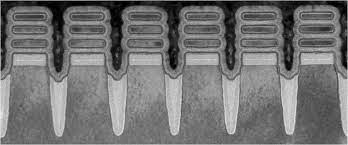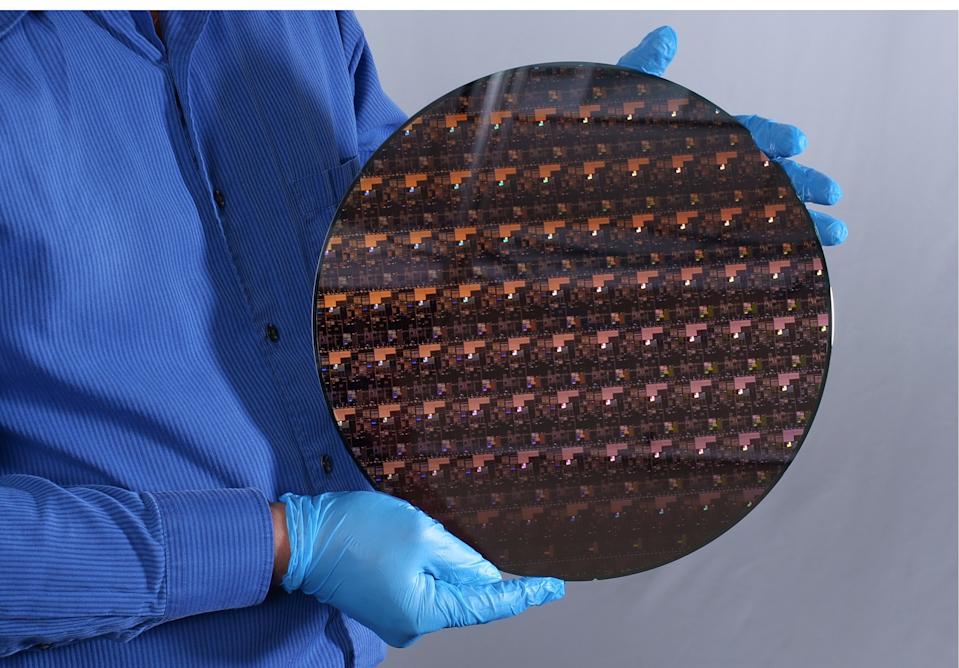IBM unveiled the world’s first 2-nanometer chip manufacturing technology on Thursday, which could enable massive performance gains in terms of both power and battery life over the current industry’s leading processors. That is found in everything from smartphones and tablets to the massive computer servers that power the cloud.
“Right now, the most advanced products in the world is around the 7-nm node, and we are on the verge of getting to the 5-nm node,” Daro Gil, senior vice president and director of IBM Research, told Yahoo Finance.
“What we’re discussing here is that this is the first time in history anyone has demonstrated that a feasible technology exists to enable the 2-nm node.”
The nanometer dimension of a chip refers to the length of its transistors. Transistors are the most fundamental component of a processor; they enable the on and off signals that make up the binary instructions’ 1s and 0s, which form the basis of all computer code.
The smaller a transistor is, the more transistors can be packed onto a chip, resulting in more powerful processors. Additionally, smaller transistors result in more efficient chips than their predecessors.
According to Gil, IBM’s new chip technology is light years ahead of what standard modern 7-nm chips offer. The new chips will boost performance by 45 percent while consuming the same power as the larger 7-nm chips.
Gil claims that if the 2-nm chip maintains the same level of performance as current 7-nm chips, overall battery life can be increased by up to 75%.
“To put it in a that I believe most people understand is,” Gil explained, “your iPhone would last four days.” Apple’s (AAPL) iPhone 12 line of devices uses a 5-nm custom chip. 7-nm processors are used in modern laptops and desktop computers. And 3-nm chips are still on the horizon.
While increased iPhone battery life is desirable, the most significant changes may occur in the amount of energy consumed by the massive data centres that serve as the backbone of the world’s cloud infrastructure. With more efficient chips, those facilities would consume significantly less energy, assisting in the reduction of their carbon emissions.
(Related Article – Latest Technology Gifts)
IBM says it is collaborating with Samsung and other companies to integrate 2-nm technology into devices worldwide. However, that is not going to happen anytime soon. Gil estimates that mass production will not begin for several more years.
“We envision beginning production in late 2024 or early 2025,” Gil explained. “And then a progressive ramp would appear.”
That means the new technology will do nothing to alleviate the ongoing global chip shortage, which has impacted over 169 industries in the United States, ranging from automakers to air conditioning manufacturers, according to a Goldman Sachs survey.
Additionally, it will take time for the chips to find their way into the devices we use on a daily basis once they are mass produced. However, if the wait results in a phone that lasts up to four days on a single charge, the wait will be worthwhile.
























































